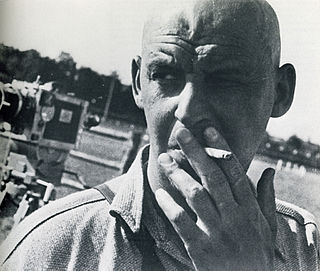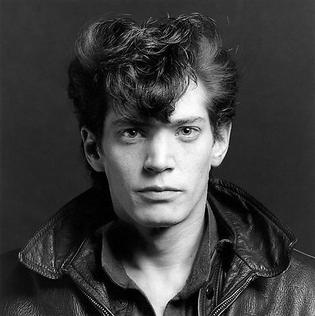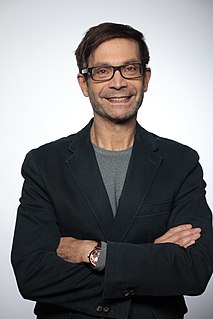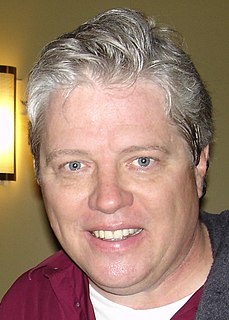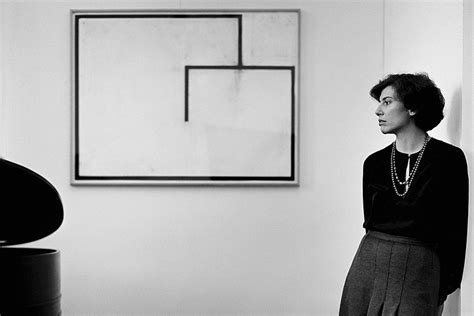A Quote by Alexander Rodchenko
Landscapes, heads and naked women are called artistic photography, while photographs of current events are called press photography.
Related Quotes
When I was in the 12th standard itself, I decided to join the Adyar Film Institute and study photography. I specifically chose photography because I see photography as an applied science. There is an artistic element also in it. If you perfect your scientific element, you can attain certain quality.
I didn't do well in high school, but I took photography, and I loved being able to capture moments. It led to more and more photography, and fashion was the angle into photography for me. It was incredible to see photographs by Irving Penn or Helmut Newton. I was really intrigued by that, and that's what led me to New York City.
[Photography] allows me to accede to an infra-knowledge; it supplies me with a collection of partial objects and can flatter a certain fetishism of mine: for this 'me' which like knowledge, which nourishes a kind of amorous preference for it. In the same way, I like certain biographical features which, in a writer's life, delight me as much as certain photographs; I have called these features 'biographemes'; Photography has the same relation to History that the biographeme has to biography.
Traditionally, photography has dealt with recording the world as it is found. Before photography appeared the fine artists of the time, the painters and sculptors, concerned themselves with rendering reality with as much likeness as their skill enabled. Photography, however, made artistic reality much more available, more quickly and on a much broader scale.
It was only after a while, after photographing mines and clear-cutting of forests in Maine, that I realized I was looking at the components of photography itself. Photography uses paper made from trees, water, metals, and chemistry. In a way, I was looking at all these things that feed into photography.
By exposing the multiplicity, the facticity, the repetition and stereotype at the heart of every aesthetic gesture, photography deconstructs the possibility of differentiating between the original and the copy. [Photography calls] into question the whole concept of the uniqueness of the art object, the originality of the author, the coherence of the oeuvre within which it was made, and the individuality of so-called self-expression.
I went back to photography in the 1990s. But from the 60s to the 90s I didn't really take any photographs at all, unfortunately. During that period I lived in France, I lived in England, I lived all over the place in different cities. I didn't take any photographs and because I felt I had really accomplished everything that I wanted to in photography during the period between 61 and 67.
